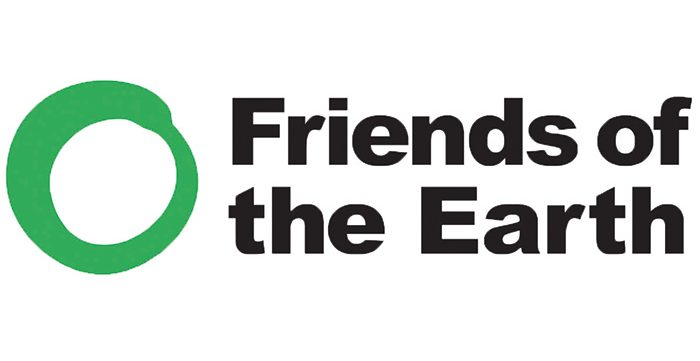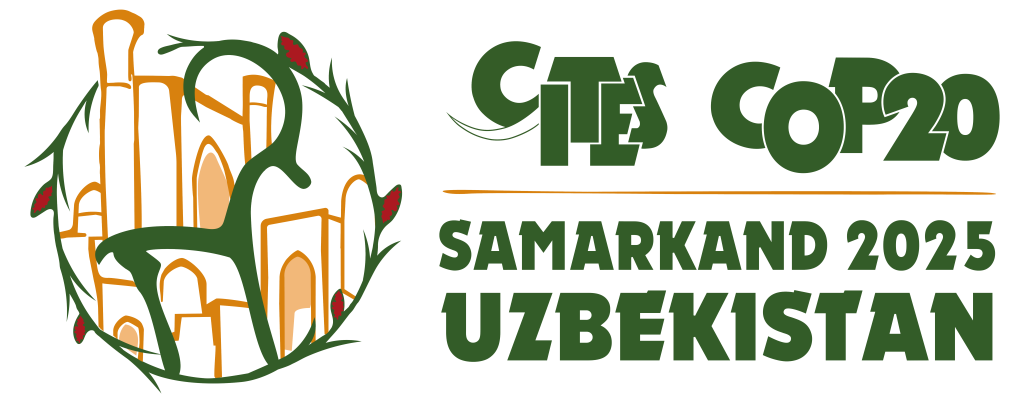Washington, DC and The Netherlands
Founded in 1969, Friends of the Earth (FoE) popularised the motto ‘think globally, act locally’. Its two US-based founders were the oil-billionaire Robert Orville Anderson and David Brower, a then recently expelled member and former executive director of the Sierra Club. In 1971, they also formed Friends of the Earth International (FoEI).
Today, besides its strongholds in the USA, UK and mainland Europe, FoEI represents an influential network of 73 FoE groups scattered around the world including Nigeria, Mozambique, Indonesia, Brazil and the Caribbean. Its largely decentralized network embraces in excess of 5,000 NGOs and employs thousands of staff. FoE’s core mission is to bring about a ‘peaceful’ and sustainable world based on ‘societies living in harmony with nature’.
However in 2019, when Extinction Rebellion used shock-tactics to close down Parliament Square, Oxford Circus, Waterloo Bridge and Marble Arch, and vandalized the London headquarters of Shell, FoE fully supported the use of violence: see Friends of the Earth and Greenpeace back Extinction Rebellion protests.
FoE groups are best known for their firm opposition to nuclear power (now more nuanced), fossil fuels, genetically modified crops and food, eating meat, widespread use of nanotechnology, and every aspect of whaling. Across the world FoE campaigns against airports, especially new runways, and high-speed railways, road building, the use of plastic, climate change and habitat destruction.
According to its 2019 annual report, FoE believes that the ‘financialisation of nature’ and ‘market-led mechanisms’ are detrimental to their causes (page 19). FoE pointedly refuses to accept that these two concepts could ever be efficacious. This means that it does not support the sustainable use of natural resources, which depends upon making the conservation of wildlife financially viable. Hence, FoE wants to exclude any mention of their positive potential in the development the Convention on Biological Diversity’s post 2020 framework.
Leaders
Friends of the Earth International Secretariat is based in The Netherlands.
Finances
According to its annual report, in 2019 FoEI had revenues of euro 2,842,249 and total expenses of euro 2,995,008. Additionally, national FoE groups each have their own, often substantial, budgets, revenue and expenses.
Governance
Karin Nansen, Uruguay, is Friends of the Earth International Chair. Every FoE national group has its own governance and management, too.



